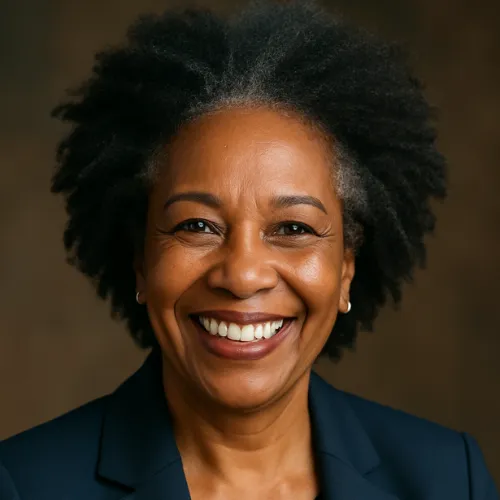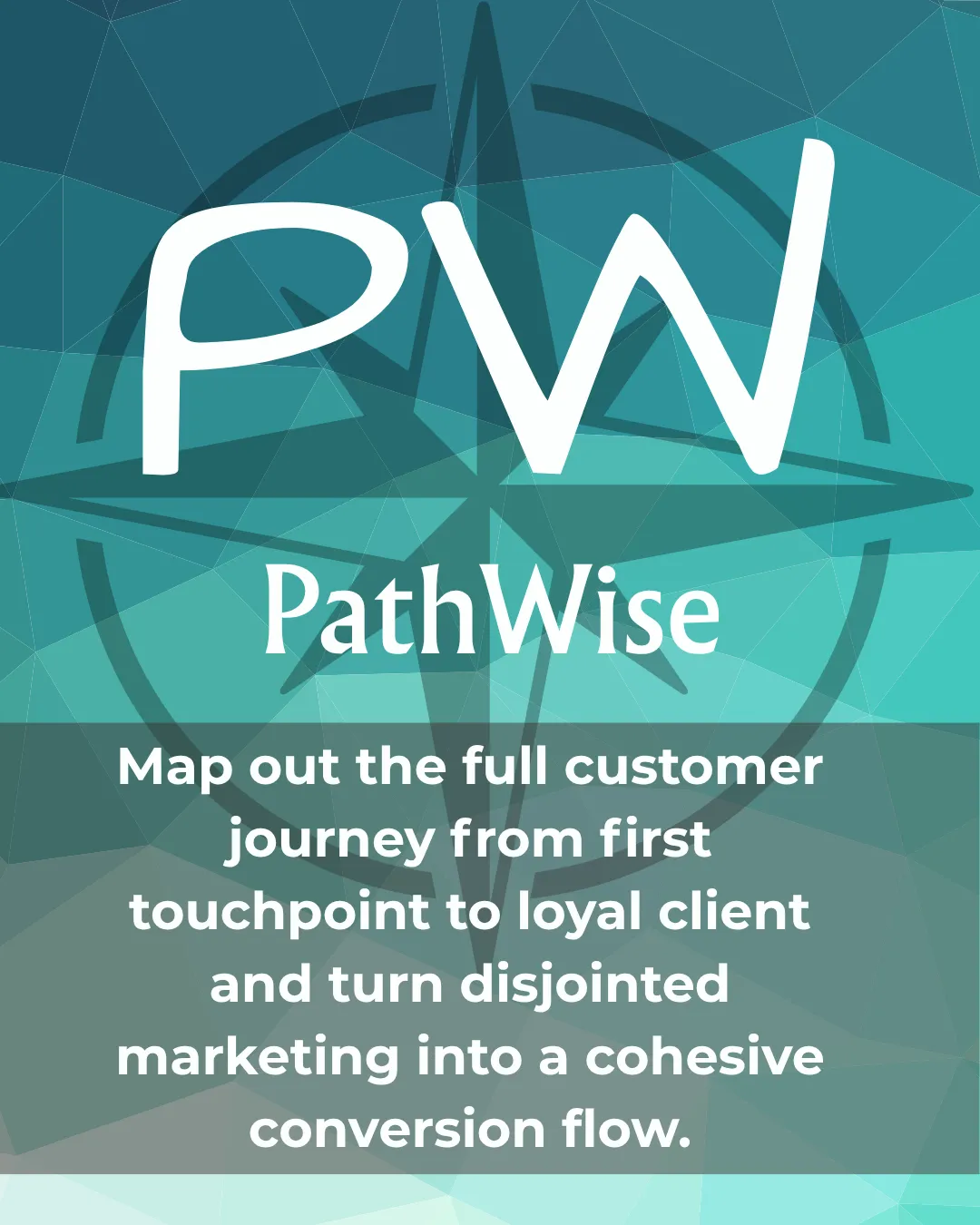One Calm Business System — Built for Your Brain. Everything You Need, All in One Place.
Soleila is the ADHD-friendly all-in-one CRM and automation system that helps neurodivergent founders scale without burnout.
Soleila is more than an all-in-one business system. It’s a calm, consistent way to grow.
Every subscription includes our Functioning & Feral™ Hub — with ADHD-friendly onboarding, monthly Content Labs, and strategy accountability calls designed for neurodivergent founders.
Includes ADHD-friendly onboarding, monthly Content Labs, and live strategy support through the Functioning & Feral™ Hub.
One Calm System. Built for Your Brain.
An ADHD-friendly CRM + automation hub that helps neurodivergent founders grow without burnout.
Soleila is more than an all-in-one business system. It’s a calm, consistent way to grow.
Every subscription includes our Functioning & Feral™ Hub — with ADHD-friendly onboarding, monthly Content Labs, and strategy accountability calls designed for neurodivergent founders.
Includes mindful onboarding, monthly Content Labs, and real-time support through the Functioning & Feral™ Hub.
TL;DR
Soleila.io transforms GoHighLevel into a calm, intelligent business ecosystem built for neurodivergent founders.
Every subscription includes live support, AI assistants, and the Functioning & Feral Hub for consistent, sustainable growth.
What Makes Soleila Different from Other Platforms?
Other platforms give you tools. Soleila gives you support.
HighLevel, Kajabi, Dubsado — they drop you into a blank dashboard and leave you to figure it out.
Soleila is different. Every subscription comes with the Functioning & Feral Hub — a built-in support system designed for neurodivergent founders.

ADHD-friendly onboarding with the FOCUSED™ Framework
4x/month live sessions (The Content Labs, The Systems Lab, and The Strategy Lab)
Resource library & troubleshooting guides
Accountability baked in so you actually activate your system
That’s the difference:
you’re never alone inside Soleila.
Three Ways Soleila Supports You
2. Functioning & Feral Hub — The Soleila Difference
Live Support & Step-by-Step Clarity for Spicy Brains
Your support system, included with every Soleila account.
FOCUSED™ Framework onboarding (step-by-step clarity, not chaos)
4x/month live sessions (The Content Labs, The Systems Lab, and The Strategy Lab)
Resource hub: guides, troubleshooting, templates
Built-in accountability to keep you consistent
⚙️ Want it all done for you? ⚙️
Want it all
done for you?
Ask about our Done-For-You Onboarding Setup & Packages.
What Do You Get When You Join Soleila?
Here’s what happens
when you join us:
Why Founders Choose Soleila
We blend trauma-aware strategy, emotionally intelligent automation, and ADHD-friendly design.
Soleila isn’t just tools — it’s scaffolding for growth that honors your energy and your brain.
Don’t just take our word for it.
See how Soleila helps founders reduce overwhelm, grow sustainably, and stay consistent.
Be the First to Know When New AI Tools Drop
(Real Tools. No Hype. Just Helpful.)
For coaches, creatives, and service pros who want to work smarter, not louder, with AI.
Be the First to Know When New AI Tools Drop
(Real Tools. No Hype. Just Helpful.)
For coaches, creatives, and service pros who want to work smarter, not louder, with AI.
Take A Look At Our AI Assistants
What Our Clients Build with Soleila
Trusted by coaches, consultants, service providers, and creatives building sustainable businesses.
Soleila isn’t just theory — it’s the backbone of real businesses.
Our clients use Soleila to power:

Courses & Memberships — host programs, manage memberships, and deliver content without tech chaos.
Communities — bring your people together inside private hubs with zero overwhelm.
E-Commerce — sell products, services, or bundles with built-in checkout and automations.
Service Providers — automate client onboarding, manage projects, and run client portals with ease.
Funnels & Automations — launch conversion-ready funnels, nurture sequences, and booking systems.
Your Soleila Activation is Guaranteed
If you do the work, Soleila delivers results — or your next month is free.
If you do these and don’t see results (booked appointments or 25%+ email open rate)…
We’ll comp your next month.
Complete your onboarding steps
Show up to at least one live call
Launch your first campaign (email, funnel, or automation)
Overwhelmed?
Upgrade to DFY Setup and skip the homework.



From Nicole — Founder of Soleila & We Thrive Collective
Hi, I’m Nicole — founder of We Thrive Collective and creator of the Functioning & Feral™ Framework.
I built this for visionaries, service pros, and creatives who toggle between brilliance and burnout.
Soleila isn’t just another all-in-one. It’s a calm, conversion-ready container built to carry the weight with you.
This is where strategy meets soul — and your systems finally support your mental health, your real life, and your growth.
TESTIMONIALS
Real Stories. Real Success.

"Loved everything so far"
"Nicole brings calm to chaos — and truth to decision-making. She’s a leader, a mentor, and the most grounded strategist I’ve ever worked with."
Angie F., Consultant


"My life changed !"
"She gave me more than I asked for — and more than I knew I needed. Nicole doesn’t just deliver. She lifts the standard."
Nikki W., Founder


"Connect the dots"
"Nicole helped me connect dots I didn’t know existed. I walked in curious — and walked out confident. I’d recommend her to anyone who wants to grow."
Stephanie H, Founder


"Highly recommend "
“They have made several crunchy things in my business day smooooooth right out! Highly recommend We Thrive Services.”
Maisy L., Solopreneur

Guidance, Strategy, and Support for Busy, Brilliant Entrepreneurs
Simple, smart insights to help you create systems, clarity, and momentum you can actually sustain.

How Clarity Reduces Overwhelm and Helps Entrepreneurs Move Their Business Forward
Clarity makes your business feel lighter, simpler, and easier to lead. Learn how clarity reduces overwhelm, strengthens decision-making, and supports sustainable momentum for neurodivergent and heart-... ...more
General Information
November 24, 2025•5 min read

How to Communicate Better with ADHD and Neurodivergent Clients
Learn compassionate, research-backed strategies for communicating with ADHD and neurodivergent clients. Build trust, clarity, and emotional safety. ...more
General Information
November 04, 2025•5 min read

What Makes Soleila Different: The Kitchen Analogy That Makes It Click
Discover how Soleila transforms GoHighLevel into a calm, emotionally intelligent business ecosystem powered by the FOCUSED™ Framework—built for neurodivergent entrepreneurs. ...more
General Information
October 23, 2025•4 min read
Frequently Asked Questions
One Business System. Built for Your Brain.
FOLLOW US
Founded in McKinney, TX, We Thrive Collective empowers neurodivergent founders and creative entrepreneurs through trauma-aware tech, strategy, and automation.
COMPANY
Copyright @ 2025- All rights reserved. Designed by We Thrive Collective




















